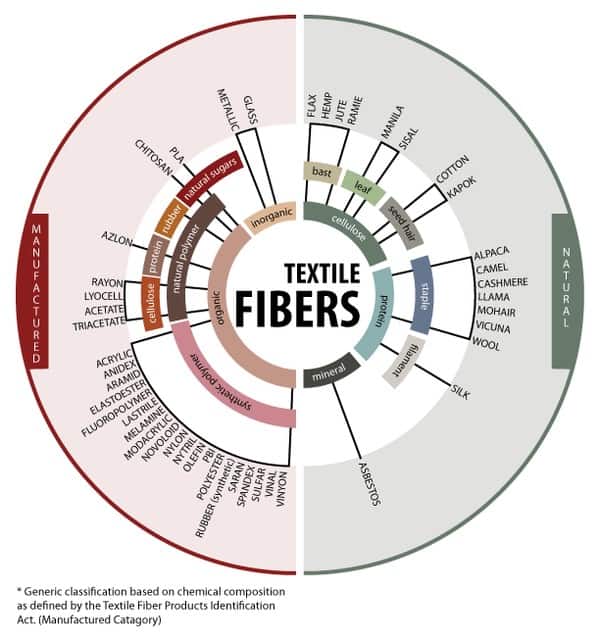Should we recycle or compost our old clothes?
As fashion trends are changing so rapidly, people are buying more quickly and frequently. fashion has become the downfall of clothing mass-production around the world leading to millions of clothes thrown away yearly.
The textile industry is currently overflowing with clothing with, in 2017 the equivalent to a rubbish truck full of clothes ending up on a landfill site. Second to oil, the clothing and textile industry is the largest polluter in the world.
So what can you do on your side when you want to dispose of old clothes? Recycling…or composting.
Recycling and composting are two different ways to dispose of fabrics and garments in our wardrobes. As our clothes are made up of different materials, we need to think carefully about how our clothing is disposed. Let’s find out which method is better:
Recycling clothes:
- When you recycle your clothes, or anything for that matter you are helping to reduce greenhouse gases.
- If you did not know by now, clothes are thrown into landfills yearly and they take up a large amount of space. However, when you are recycling clothes and giving it a second life—landfill space is preserved and therefore, is reducing landfill costs for so many communities around the world.
- When you recycle clothing, there is an endless possibility for new clothes to be created. You can dye the fabric, create new stitching, and create a new outfit for your wardrobe!
- When you recycle clothes, you are helping the less fortunate. Donate your clothes to a local charity and collection bags that are available in your community.
- Retailers are H&M, Marks and Spencer, Patagonia, and Nike have joined in too!
Composting your clothes:
- If you are thinking about composting your fabrics make sure any zippers, buttons, rivets and chains are removed from your clothing
- Shredding your clothes will make a better composting pile
- It’s important to find out whether the dyes are harmful to the planet. Some dyes can harm soil and the environment, while other just don’t break down easily.
- Although you are not supposed to add synthetic materials such as Polyester, Spandex, Nylon and Rayon they will be able to break up but they will not break down into compost.
If you want to know which materials, you can decompose look at this chart below.
(Source: www.1millionwomen.com.au/ )
In conclusion, it should be a necessity to clean out our wardrobes occasionally. It is important to look at what we haven’t worn in a long time. However, we need to be thinking one step ahead and think about the impact we are making when we throw away clothes into the landfills that can harm our environment one clothing piece at a time. As mentioned above, both methods have their own pros and cons. If you want a new hobby and are looking to save the planet, composting is for you. If you are looking for helping your community, recycling might be your new best friend.
Let us know if you have tried to recycle or composting your clothing.






